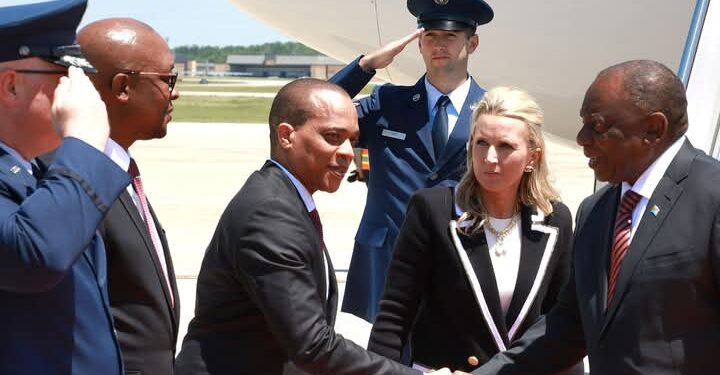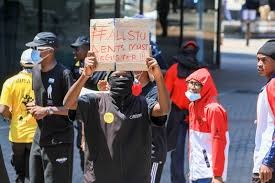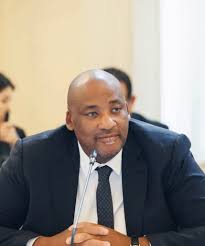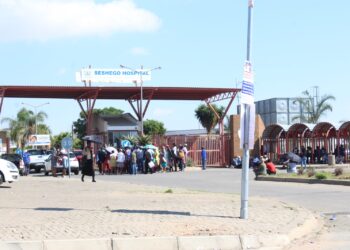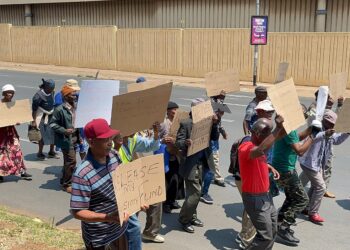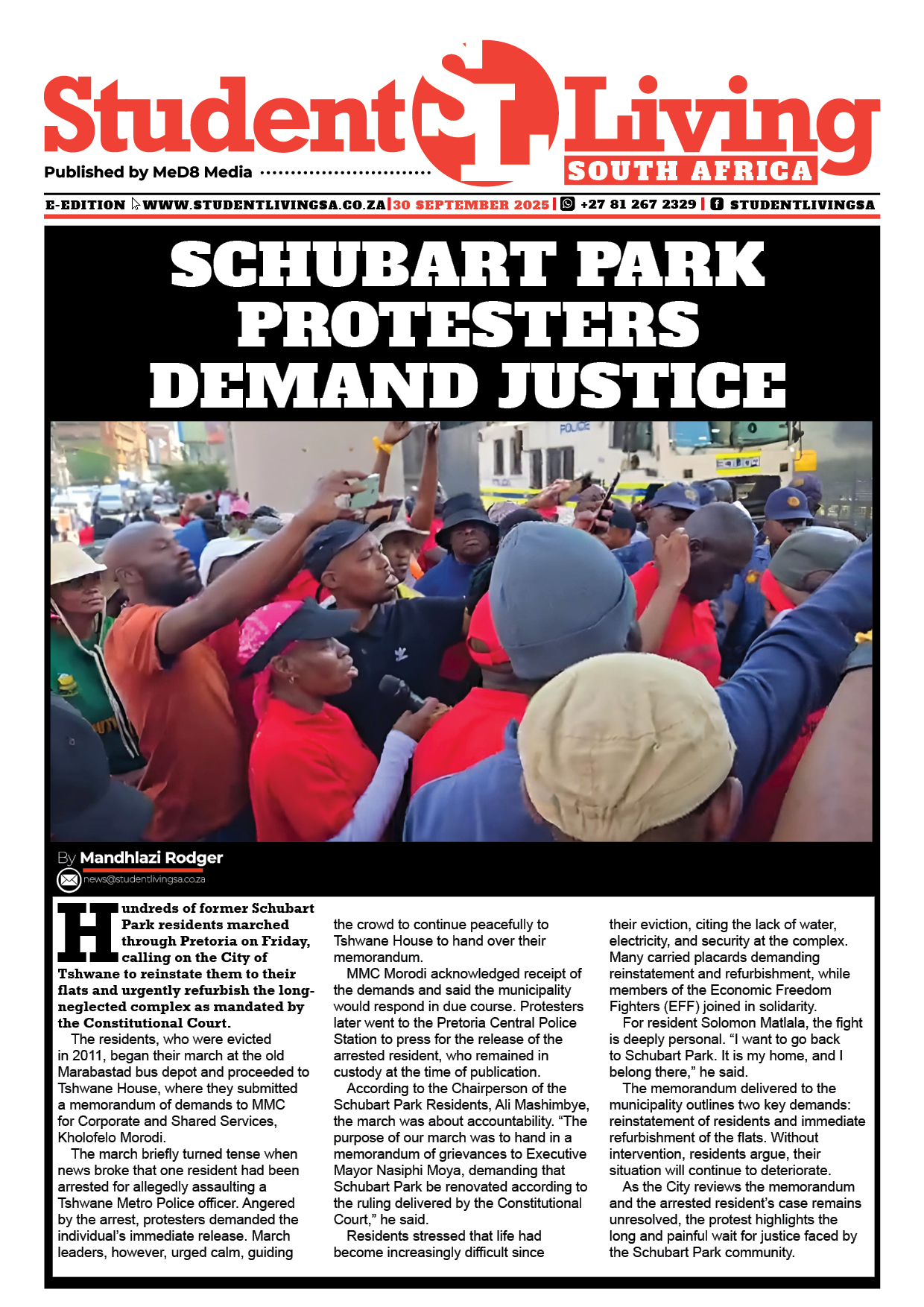by Tumelo Matlala
President Cyril Ramaphosa is currently on a working visit to the United States, where he is expected to meet with US President Donald Trump today at the White House in Washington DC. The visit comes at a sensitive time, as relations between South Africa and the US face strain over key political issues.
Accompanied by Ministers Ronald Lamola, Khumbudzo Ntshavheni, John Steenhuisen, and Parks Tau, President Ramaphosa’s agenda includes discussions on trade, bilateral relations, and global cooperation. The visit also comes ahead of South Africa hosting the G20 Summit in Johannesburg this November—an event that the US has yet to confirm Trump will attend.
Speaking ahead of the visit, Minister of International Relations Ronald Lamola acknowledged the uncertainty surrounding the US President’s attendance at the summit, citing “ongoing political tensions.”
One key area of friction is South Africa’s Expropriation Act, which allows for land reform without compensation under certain conditions. President Trump has publicly criticized the legislation, posting inflammatory remarks on social media and questioning whether South Africa is fit to host the G20 summit. He also referenced unfounded claims of “genocide” against white South Africans.
These comments have drawn mixed reactions both domestically and abroad, especially after 49 Afrikaners left South Africa for the US last Sunday, claiming persecution and seeking refugee status. The South African government has rejected these allegations, calling them “baseless and inflammatory.”
Young Voices Speak Out
The visit and the surrounding controversy have sparked conversations among young South Africans, many of whom feel their country’s global image is being misrepresented.
“When President Ramaphosa meets President Trump, I think he should be clear and firm in rejecting those genocide claims because they’re simply not true and don’t reflect the reality in South Africa,” said Poppy Mokake, 26. “At the same time, it’s a good opportunity to strengthen SA-US relations, especially around trade, investment, and global cooperation. Ramaphosa must stay calm, diplomatic, and focused on representing the country well. This meeting is about protecting our image and pushing SA’s interests forward.”
Trump’s administration has already withdrawn US financial aid to South Africa, citing disapproval of both the Expropriation Act and South Africa’s genocide case at the International Court of Justice against Israel, a key US ally.
Boiphemelo Magampa, 24, defended the land reform legislation: “The land expropriation bill was passed not to rob people, but to benefit the public. Trump shouldn’t have a say in how our country chooses to uplift its economy. He’s making a fuss because he sees our growth as a threat.”
Meanwhile, US officials, including Deputy Secretary of Homeland Security Troy Edgar, have expressed sympathy with the Afrikaner group seeking asylum. “Many of these refugees were farmers who faced threats of violence and land seizure. We listened to their experiences and found real concern over the South African government’s ability to protect them,” said Edgar.
For some South African youth, however, the refugee claims are seen as politically motivated and exaggerated.
“If the Afrikaners claim they are victims of genocide, let them flee to the US,” said Katlego, 25. “The land of South Africa belongs to the majority. If they have a problem with that, they can return to the land of their forefathers. And when they leave, they better leave the Afrikaans name too. That’s an African name—they are of Dutch descent, not African.”
Looking Ahead to the G20
Despite the tensions, South Africa remains committed to hosting a successful G20 Summit later this year. As the country prepares to hand over the presidency to the US, Minister Lamola reaffirmed that all G20 members are invited to attend, and that the host nation retains discretion to extend invitations to non-member states and organizations.
Ramaphosa’s meeting with Trump may serve as a crucial moment in recalibrating South Africa’s diplomatic ties with the US. More importantly, it’s a chance to confront misperceptions, reinforce national sovereignty, and ensure that South Africa’s voice is heard on the global stage.


